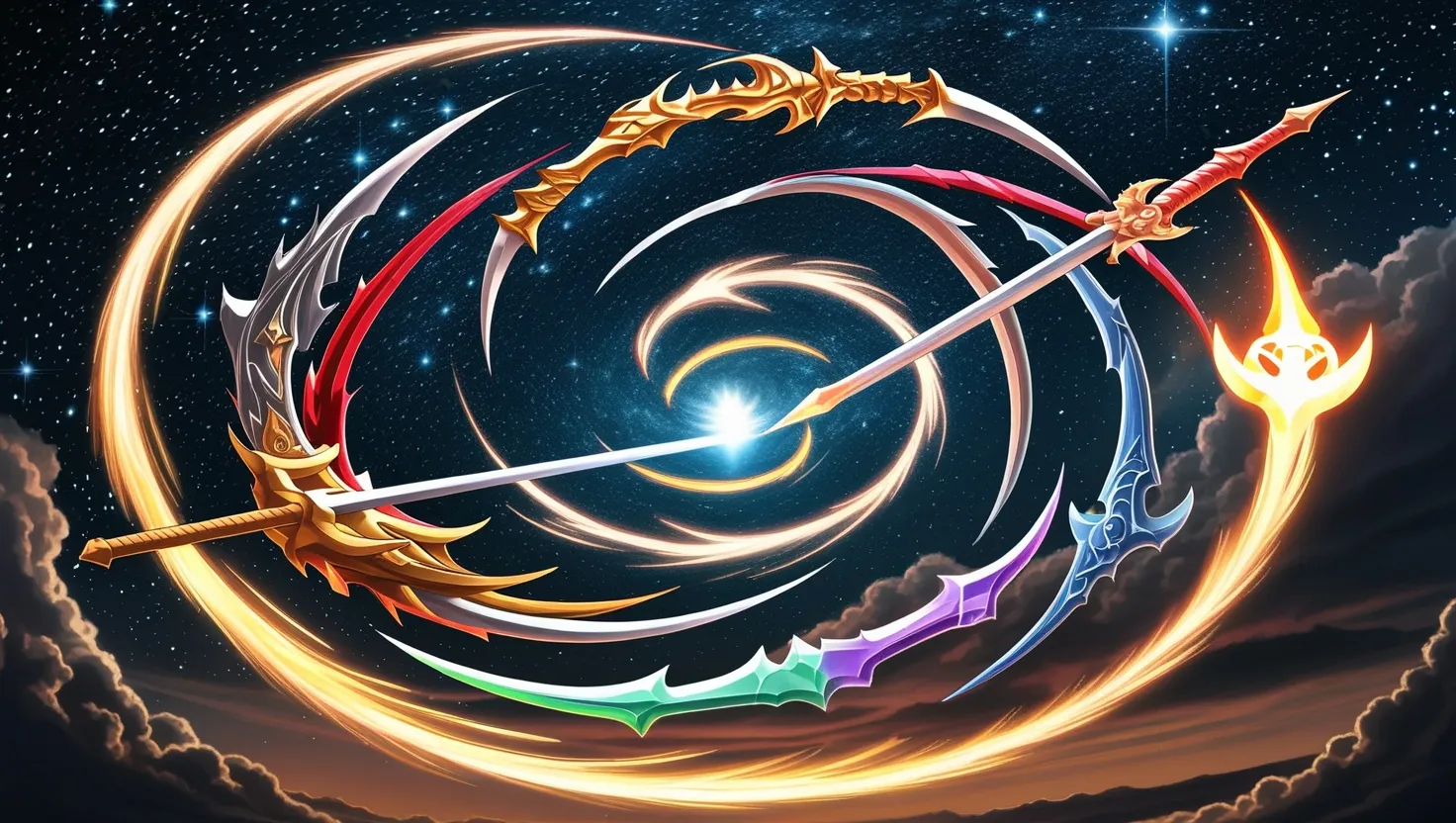Unveiling the Cosmic Arsenal: 6 Legendary Hindu Weapons and Their Hidden Meanings
Discover the profound symbolism behind 6 legendary Hindu weapons. Explore their deeper meanings, cosmic significance, and spiritual lessons. Learn how ancient wisdom applies to modern life.
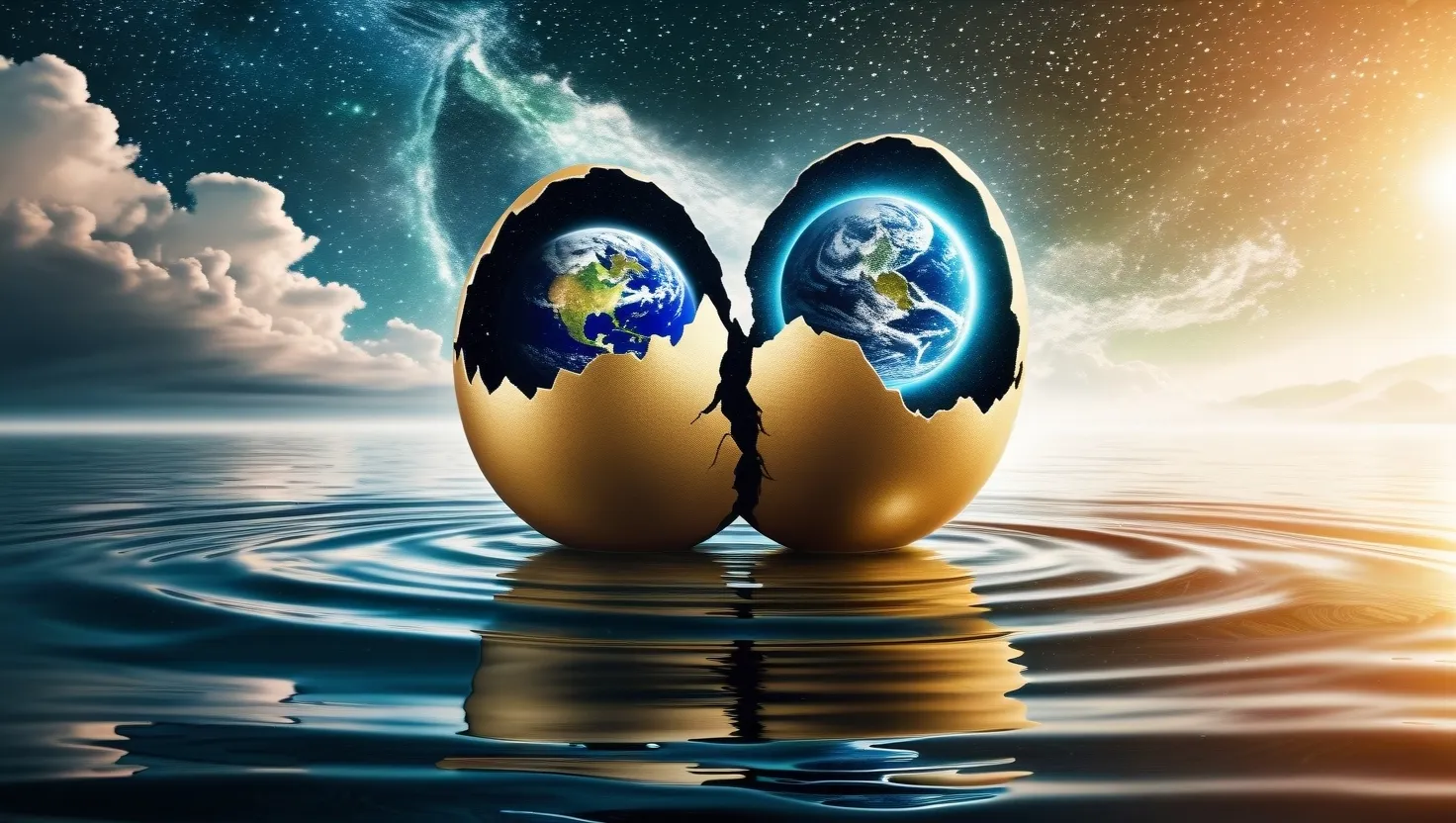
Unveiling Ancient Wisdom: 5 Cosmic Myths from the Puranas That Illuminate Our Universe
Explore ancient Hindu cosmic myths: Discover profound insights on creation, cycles, and the universe's nature. Journey through timeless stories that blend spirituality and early science. Learn more!
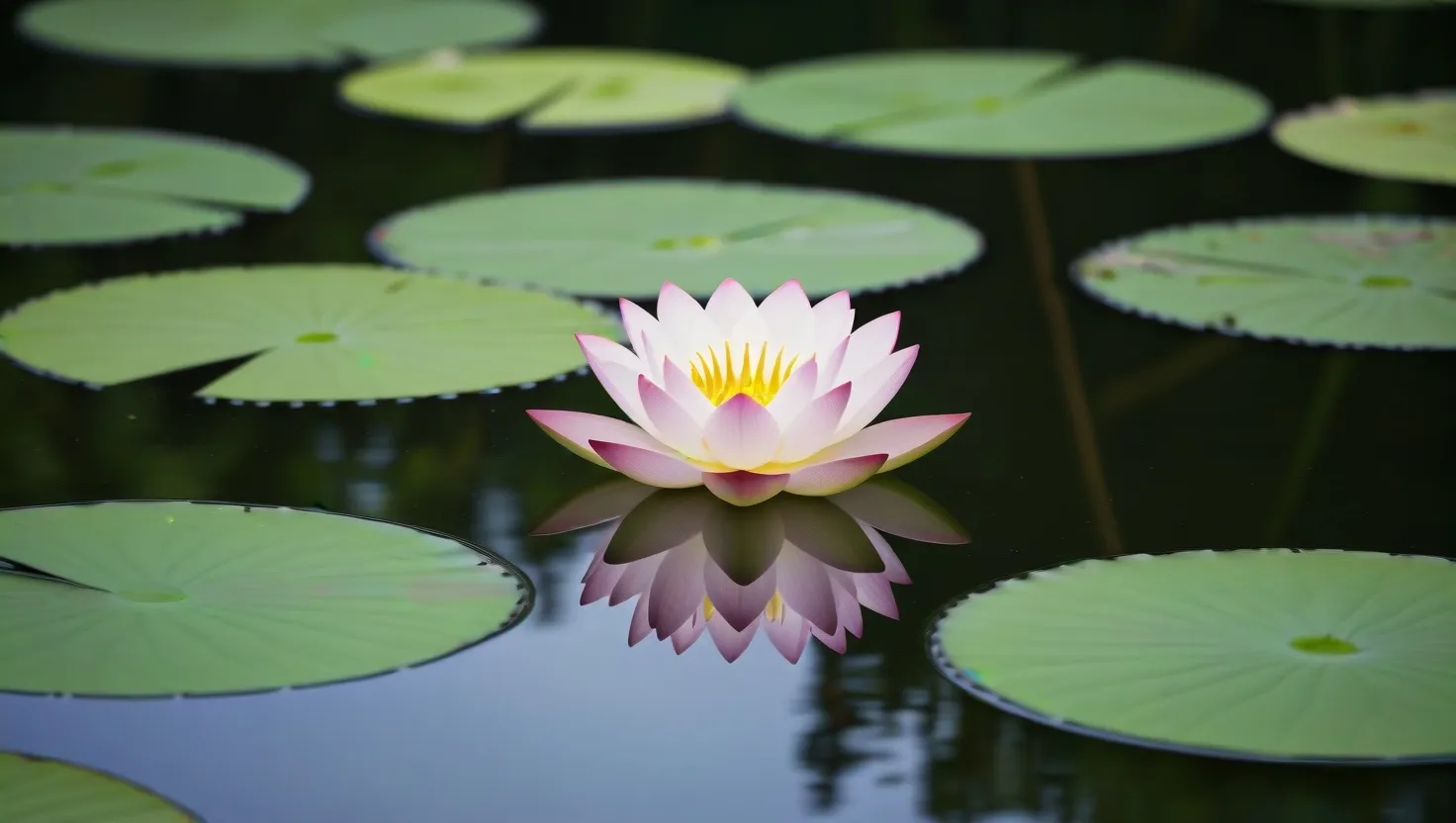
7 Life-Changing Lessons from the Garuda Purana: Ancient Wisdom for Modern Living
Discover 7 transformative lessons from the Garuda Purana. Learn about karma, impermanence, righteous living, and more. Explore ancient wisdom for a meaningful life. #HinduPhilosophy
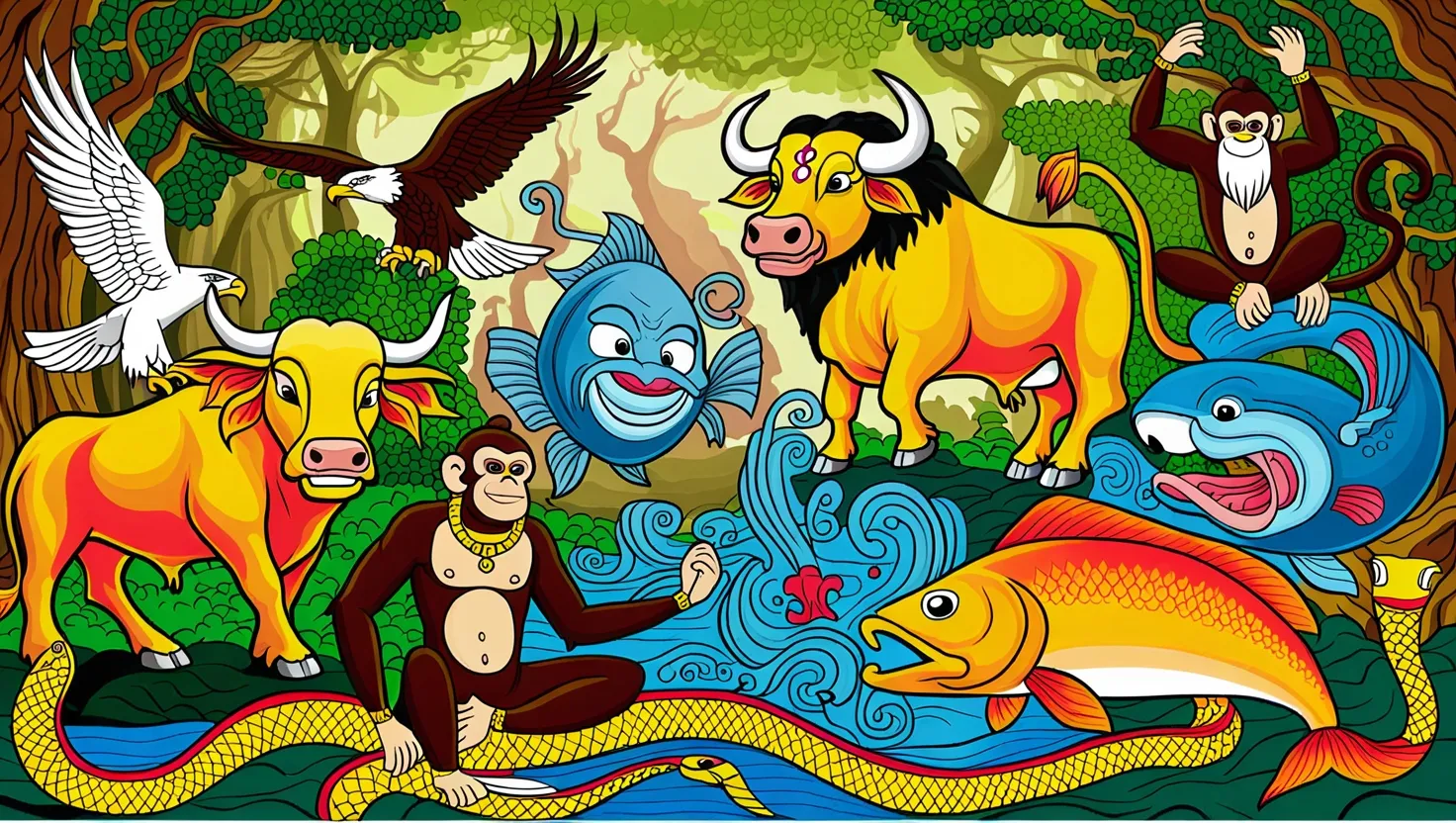
Mythical Beasts of Hindu Lore: Unveiling Animal Symbolism in the Puranas
Explore the profound symbolism of animals in Hindu mythology. Discover how creatures like Garuda and Nandi embody spiritual truths and cosmic order. Uncover ancient wisdom in the Puranas.

5 Timeless Moral Lessons from Hindu Puranas for Modern Life
Discover timeless moral lessons from Hindu Puranas. Learn perseverance, respect for nature, humility, duty, and wisdom. Apply ancient teachings to modern life. Enhance your ethical journey today.
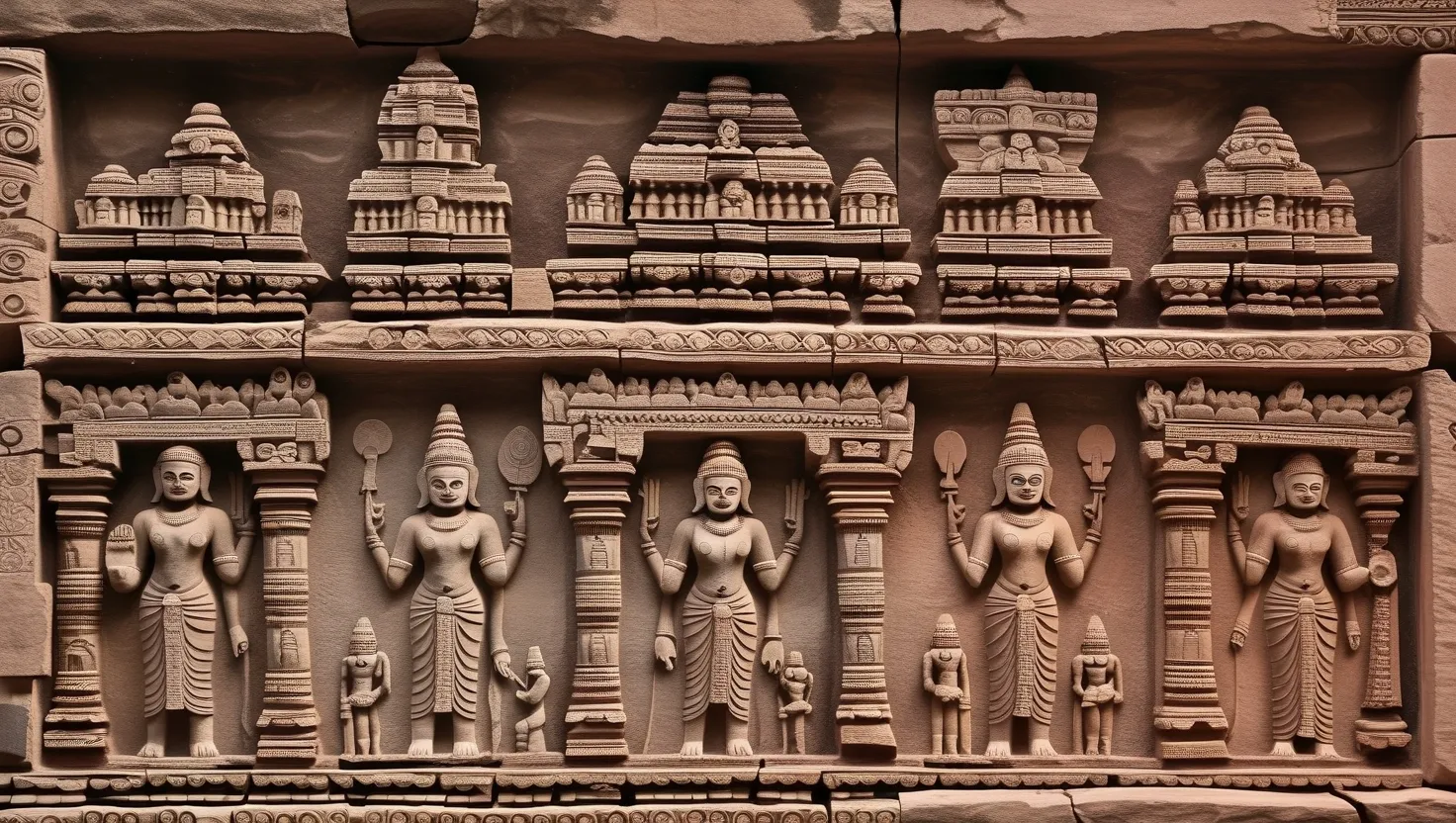
Unveiling Ancient India: 5 Surprising Insights from the Puranas
Discover ancient Indian society through the Puranas. Explore caste systems, gender roles, governance, and scientific knowledge. Uncover a rich civilization's legacy. Read now!
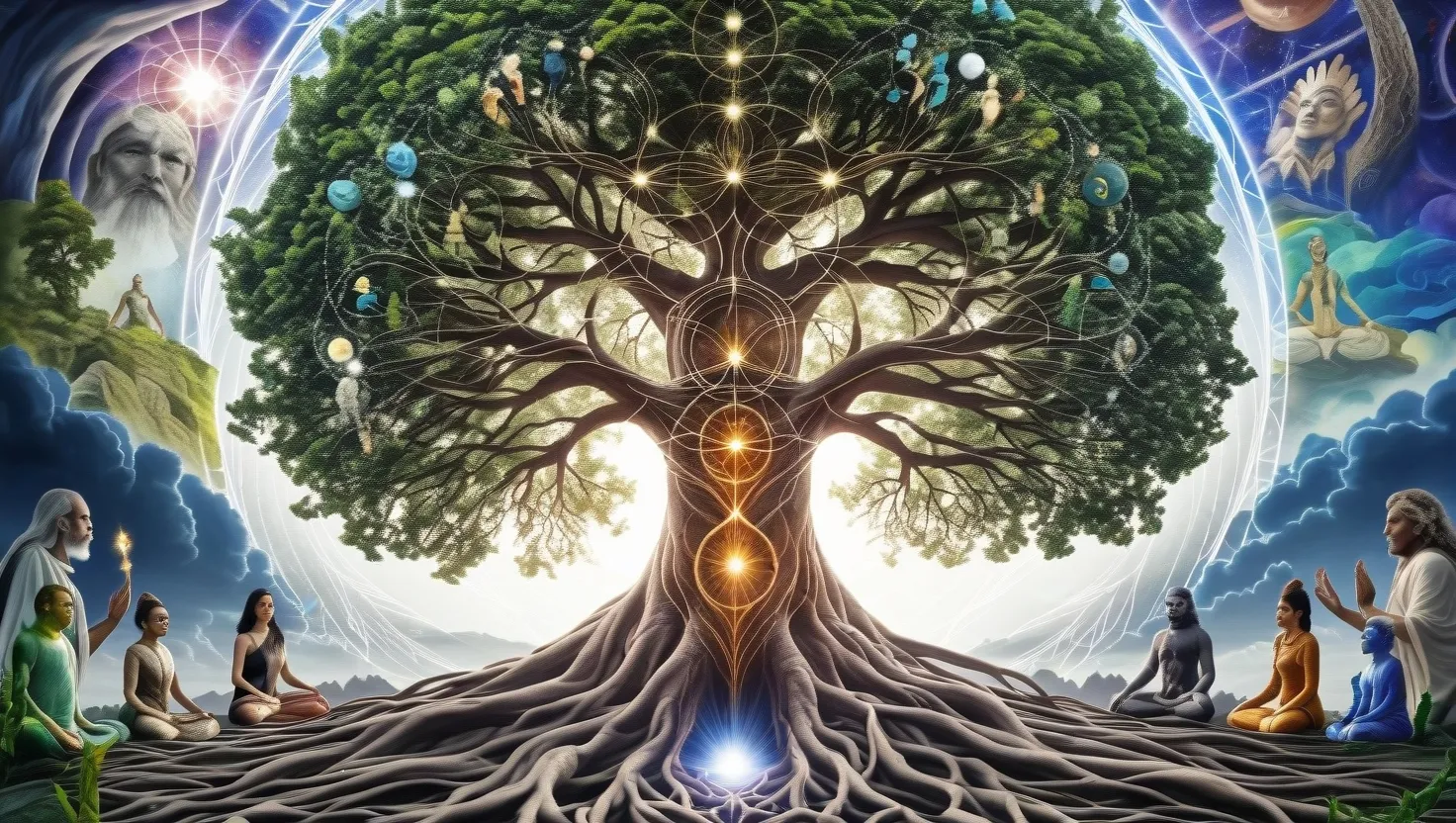
Bhagavata Purana: Ancient Wisdom for Modern Life - Discover Timeless Teachings
Discover timeless wisdom for modern life in the Bhagavata Purana. Learn how ancient teachings on devotion, detachment, and righteous living can guide you to a more fulfilling existence. Explore now.
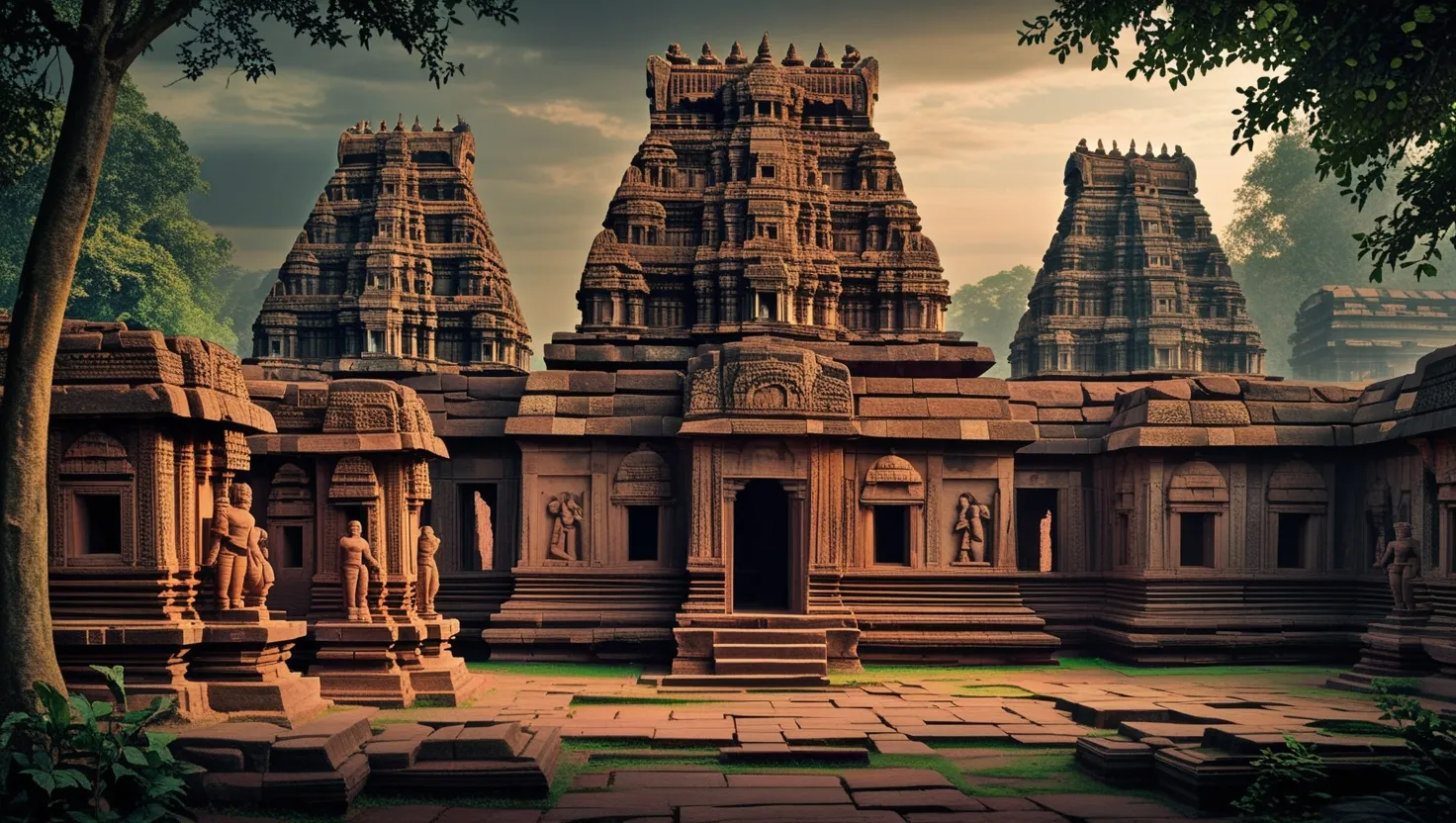
5 Epic Tales from Hindu Puranas: Timeless Wisdom and Mythology
Discover 5 epic tales from Hindu Puranas that shape mythology and culture. Explore timeless stories of gods, demons, and moral principles. Uncover ancient wisdom for modern life.
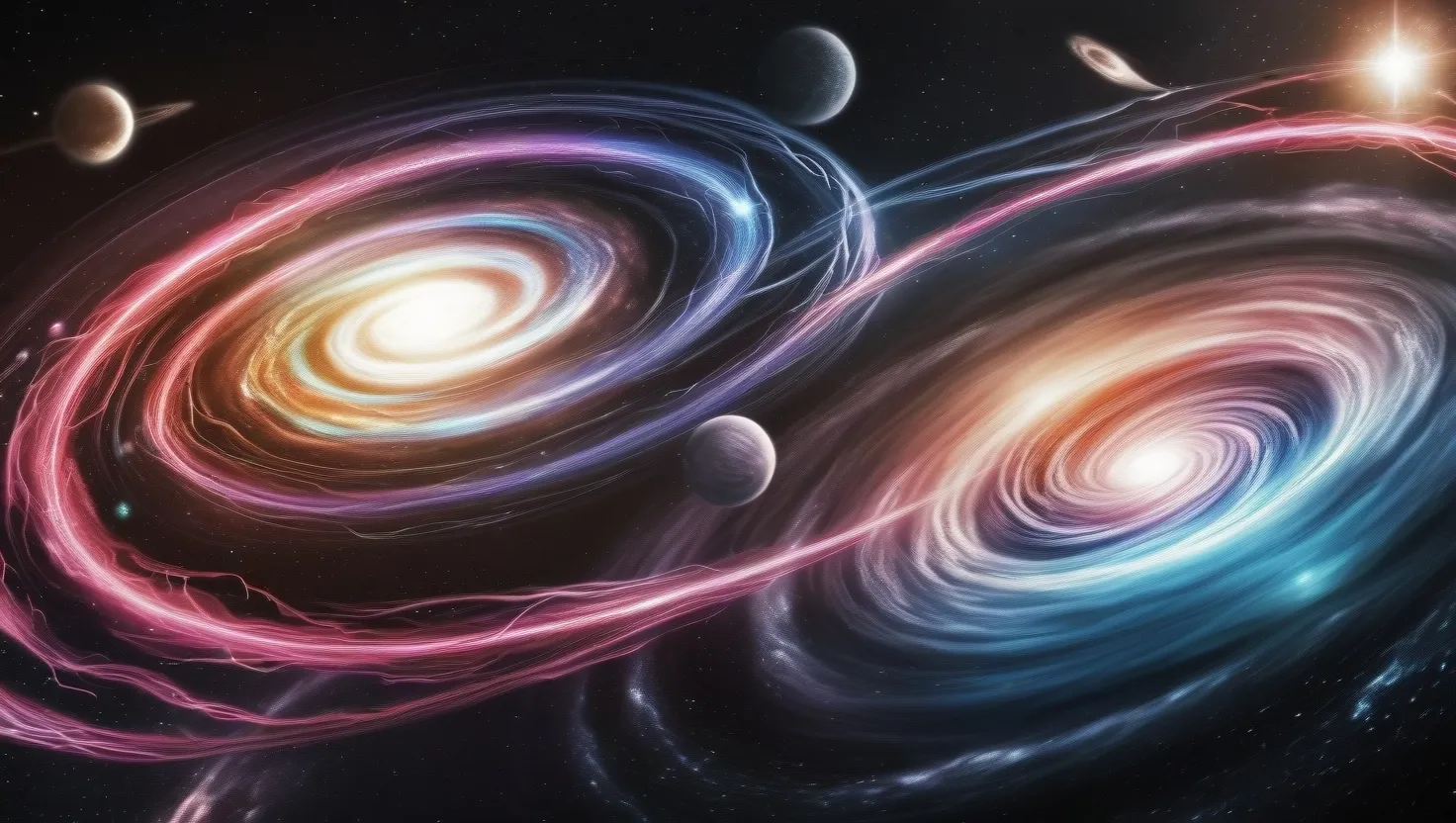
Hindu Wisdom: The Cosmic Sound That Shapes Our Universe and Inner Peace
Explore Nada Brahman: Hindu concept of cosmic sound as the source of creation. Discover how this primordial vibration shapes reality and spiritual practices.
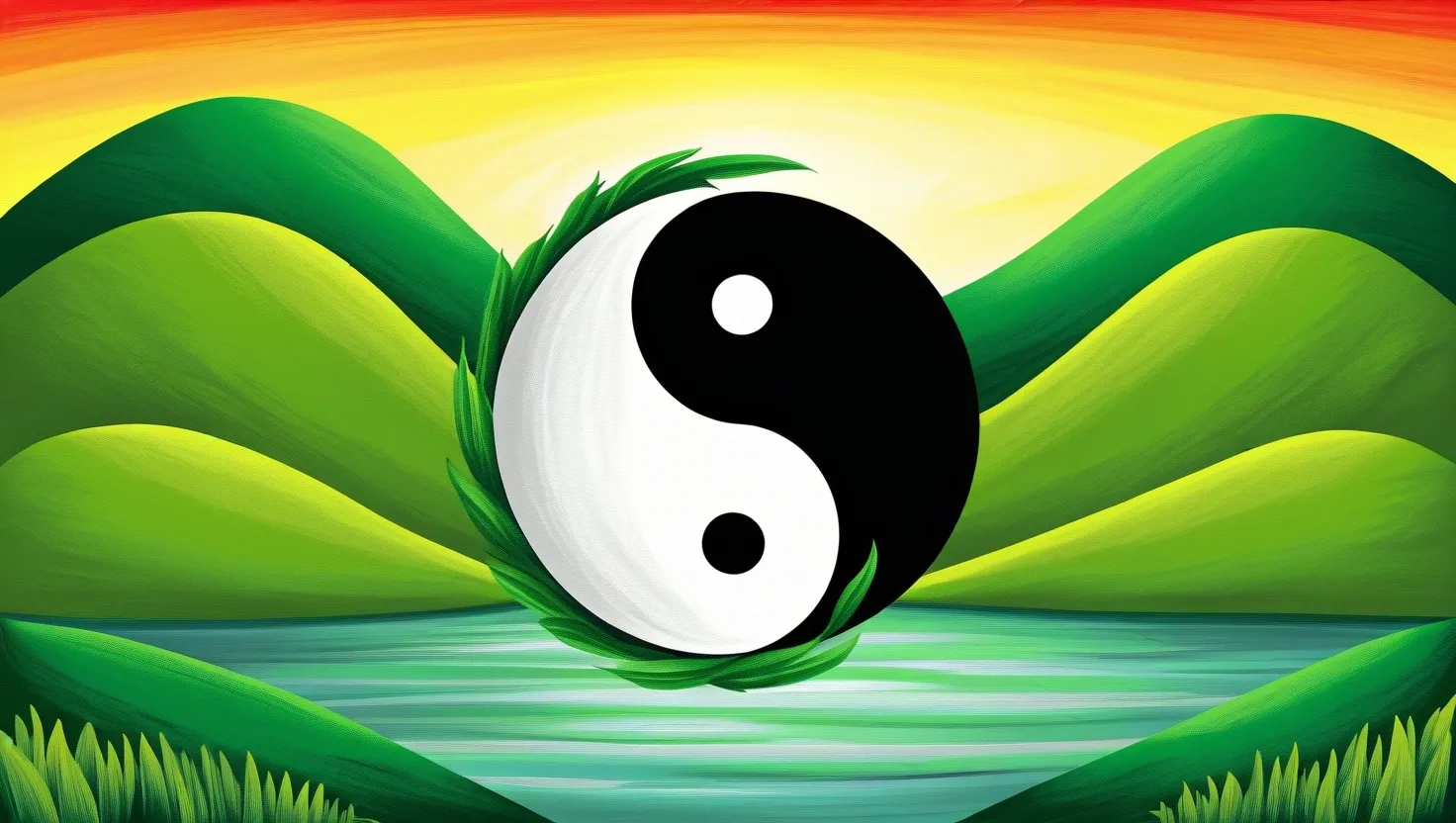
Tantric Secret: Samarasya Reveals Path to Cosmic Harmony and Inner Peace
Discover Samarasya: Tantric concept of cosmic harmony. Explore spiritual integration, balance, and unity in daily life. Find inner peace through this profound philosophy.
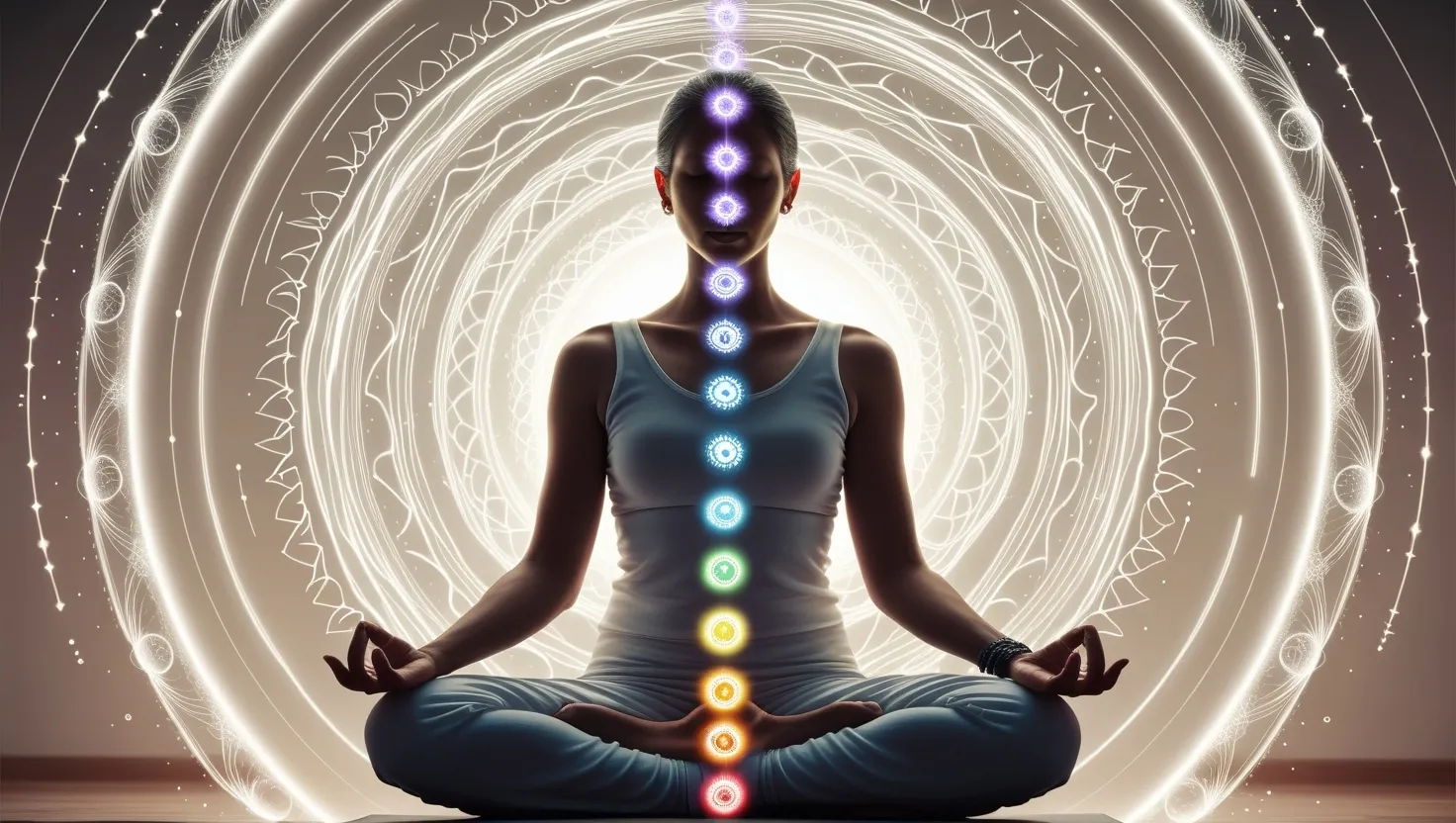
Tantra Unveiled: Ancient Wisdom for Modern Seekers - Discover Your Inner Power
Discover Tantra: Ancient spiritual science beyond sensationalism. Explore its Vedic roots, unique practices, and path to enlightenment. Uncover the truth behind this misunderstood tradition.

Discover the Hidden Power of Words: Sanskrit's Secret to Deeper Meaning
Explore Vyanjana: Sanskrit poetics' hidden power. Discover how words evoke emotions beyond literal meaning in Indian literature. Uncover the magic of suggestion in poetry and communication.
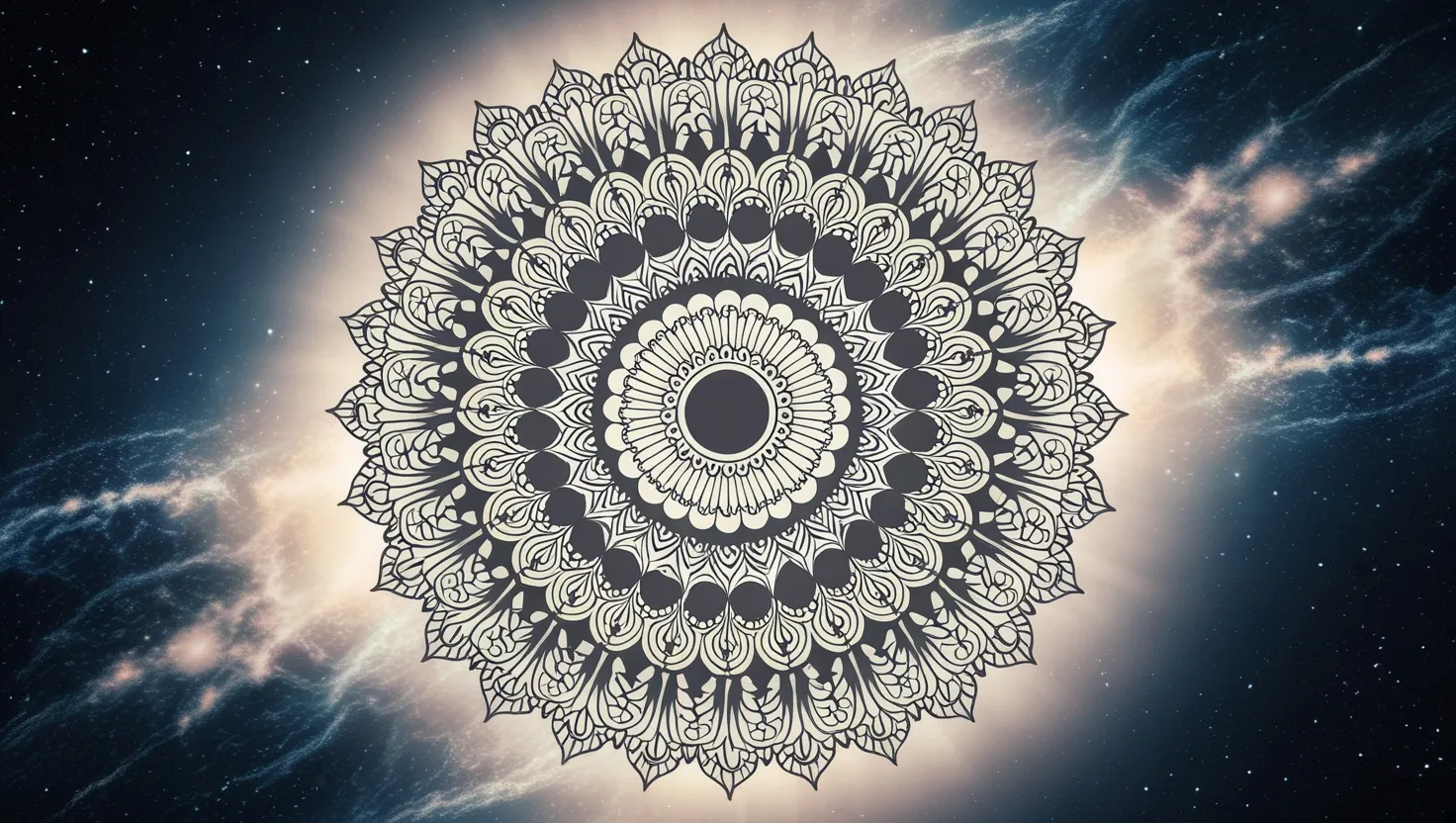
Unlocking Cosmic Order: Vidhi's Hidden Power in Hindu Rituals and Daily Life
Explore Vidhi: The Hindu philosophy guiding rituals and life. Discover how ancient wisdom aligns actions with cosmic order for spiritual growth and purposeful living.
